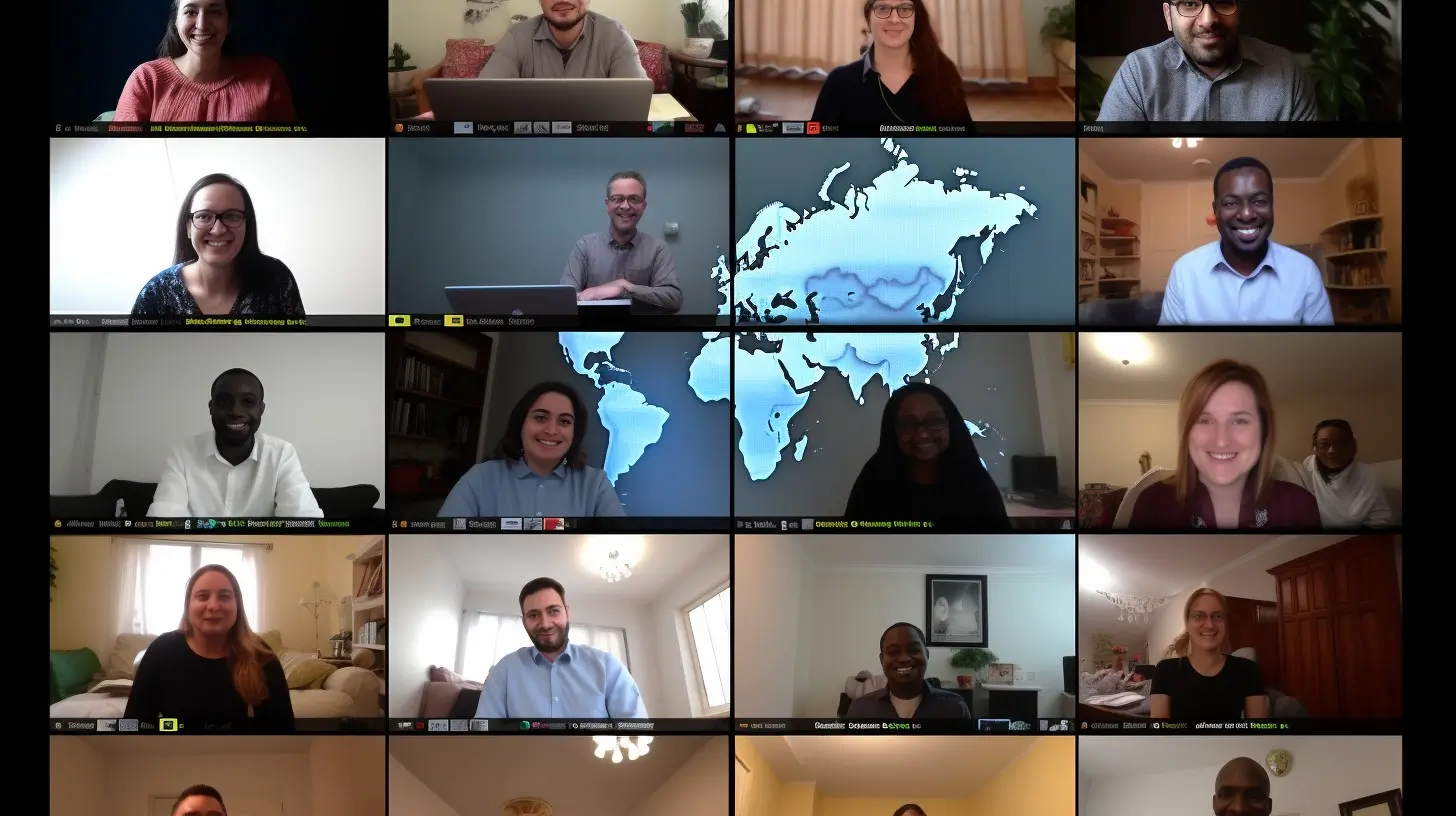Collaborating with freelancers abroad has become a strategic lever for many businesses: flexibility, cost savings, and access to rare skills. But this global openness also raises a critical issue data security. Working with a freelancer based thousands of kilometers away often involves sharing confidential files, sensitive access credentials, and strategic projects. Can you trust them? How do you ensure data confidentiality and integrity? Here’s a complete guide to securing your international collaborations, whether with freelancers or remote employees.
Confidentiality Agreements: An Essential Legal Foundation
The first line of defense against cybersecurity risks is the contract more specifically, the Non-Disclosure Agreement (NDA). This legal document commits the freelancer to not disclose any sensitive information they may access during their assignment.
What should a good NDA include?
A clear definition of what constitutes confidential information (documents, source code, databases, etc.)
The confidentiality duration, which may extend beyond the end of the contract
Obligations in the event of a data breach, including legal remedies
Authorized communication tools and access restrictions
At Breedj, we offer all our clients a multilingual NDA template aligned with both European and African standards—ensuring consistent legal practices even across borders.
Pro tip: Link the NDA to the work contract
Ideally, include a confidentiality clause directly in the work contract or attach the NDA as an annex. This strengthens its legal weight and avoids misinterpretation.
Essential Tools for Securing Collaboration
Cybersecurity isn’t only about legal agreements it also requires a solid technical setup. When working with remote freelancers, you must create a secure ecosystem.
Key tools include:
Identity and Access Management (IAM): Tools like Okta or Auth0 help manage user access based on roles and duration.
Secure VPN: Requiring freelancers to connect through a VPN encrypts data in transit.
Cloud collaboration platforms with strong authentication: Use platforms like Google Workspace, Notion, ClickUp, or Microsoft 365 with two-factor authentication.
Secure file transfer services: Options like WeTransfer Pro, Tresorit, or CryptPad are recommended.
Monitoring and traceability systems: Tools like GitLab or Bitbucket track who accessed what, and when.
Don’t overlook:
Time-limited access rights
Download restrictions for certain folders
Cybersecurity training—even for freelancers
A good freelancer is also a digitally responsible professional.
Best Practices for a Secure Remote Work Environment
Implementing tools isn’t enough. You also need to establish a strong cybersecurity culture across the organization. Here are top best practices from companies that successfully manage remote collaboration:
1. Create a Cybersecurity Policy
A simple 2–3-page document that every freelancer must sign. It outlines:
Rules for using tools
Behaviors to avoid (e.g., using public Wi-Fi, password sharing)
What to do in case of doubts (alerting procedures, IT contact)
2. Use Isolated Workstations
Many companies require freelancers to use a dedicated device or deploy virtual desktops via cloud platforms (Amazon WorkSpaces, Azure Virtual Desktop). This reduces the risk of malware contamination.
3. Conduct Regular Access Audits
Every quarter, conduct an audit of:
Active users
Tools in use
Permission levels
Breedj supports clients with these audits through a unified HR and IT dashboard. Good governance greatly reduces risk.
Can International Remote Work Be Trusted? Data & Trends
Trust is at the heart of cybersecurity. And the data is reassuring: a 2024 Gartner study shows that 74% of companies outsourcing internationally have never experienced a major cybersecurity incident.
Key figures:
According to Upwork, over 60% of tech freelancers work from countries outside the U.S. and Europe, with no increase in incident rates.
The average cost of a corporate data breach is $4.45 million, according to IBM (2023), but incidents involving freelancers account for less than 6% of cases.
Compliance with GDPR is becoming a global standard: countries like Kenya, Senegal, and India are adapting their laws to align with European data protection regulations.
Real-world examples:
A French fintech using Breedj outsourced its entire application maintenance to Madagascar, with zero incidents in 18 months, thanks to a Virtual Desktop Infrastructure (VDI) system.
A German software company outsourced QA testing to three freelancers in Tunisia via our platform, restricting access to pre-production servers with automated logging.
Freelancer or Remote Employee: The Same Security Rules Apply
A common mistake is assuming that freelancers pose a greater risk than remote employees. In truth, the contract type doesn’t directly impact cybersecurity. What matters are:
The tools being used
Training
Access control
Breedj: A Trusted Partner with Over 10 Years of Experience
At Breedj, we help businesses outsource responsibly and securely. Our services include:
Employment outsourcing or contractor agreements aligned with local legal requirements
Ready-to-use NDA templates
Access to a community of freelancers trained in remote work
HR and IT monitoring tools to manage access in real time
Breedj is your ally for hiring across borders—without compromising on security.
Trust Doesn’t Mean Naivety
Outsourcing abroad or hiring freelancers doesn’t have to be risky. It’s an act of informed trust, supported by the right tools, clear contracts, and good governance. With well-crafted NDAs, secure collaboration platforms, and a proactive cybersecurity policy, you can confidently work with freelancers worldwide.
Security is no longer a barrier to globalization—on the contrary, it’s a competitive advantage for companies ready to evolve their HR model.
With Breedj: Outsource with confidence. Secure your projects. Hire differently.













